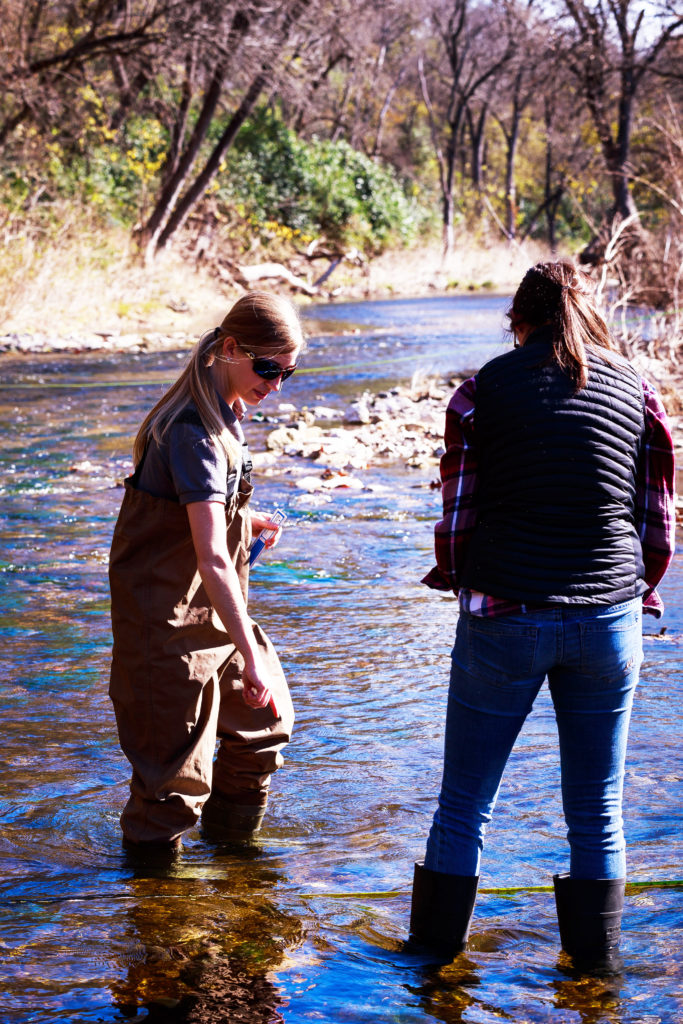The Texas Water Resources Institute, TWRI, Urban Riparian and Stream Restoration Program will host a workshop March 24 in The Woodlands for professionals interested in conducting stream restoration projects around the greater Houston area.

The workshop will run from 8:30 a.m.-4 p.m. The morning session will be at the Houston Advanced Research Center, 8801 Gosling Road. The afternoon session will be outdoors along Bear Branch to learn stream surveying techniques.
The workshop costs $50 and is limited to 40 participants. The fee includes all training materials, a catered lunch and a certificate of completion at the end of the course.
Attendees must register with Lucas Gregory, Ph.D., TWRI assistant director, Bryan-College Station, by calling 979-314-2361 or emailing LFGregory@ag.tamu.edu. Participants may also register at https://tx.ag/URSTMar24.
Representatives of the TWRI and the Texas A&M AgriLife Extension Service will give workshop presentations.
Threats to water quality
“Riparian and stream degradation is a major threat to water quality, in-stream habitat, terrestrial wildlife, aquatic species and overall stream health,” said Fouad Jaber, Ph.D., AgriLife Extension specialist in integrated water resources management, Dallas.
He said proper management, protection and restoration of these riparian areas will improve water quality and lower in-stream temperatures. It will also improve aquatic habitat and ultimately improve macrobenthos, which are the visible organisms at the bottom of the water stream, and fish community integrity.
“The goal of the workshop is for participants to better understand urban stream functions, impacts of development on urban streams, and the difference between healthy versus degraded stream systems,” Jaber said. “It will also show participants how to assess and classify a stream using the Bank Erosion Hazard Index and comprehend differences between natural and traditional restoration techniques.”
Continuing education units
Gregory said participants will receive a certificate of completion and appropriate continuing education unit certificates after the training.
He said the workshop offers many types of continuing education units. Foresters and professional loggers can receive six hours from the Society of American Foresters. The workshop offers seven hours for certified crop advisors and six hours for Texas Nutrient Management Planning specialists.
The program may also be used for continuing education units for professional engineers. Check with your chapter for Master Naturalist and Master Gardener to see if it is approved for your area.
Gregory said the institute can offer the workshop at a reduced cost thanks to program funding provided through a Clean Water Act nonpoint source grant from the Texas Commission on Environmental Quality and the U.S. Environmental Protection Agency.
For more information, contact Gregory, visit http://texasriparian.org or go to Facebook at https://www.facebook.com/TexasRiparianAssociation.
The urban riparian stream education program is managed by the Texas Water Resources Institute, part of Texas A&M AgriLife Research, AgriLife Extension and the College of Agriculture and Life Sciences at Texas A&M University.
-30-


